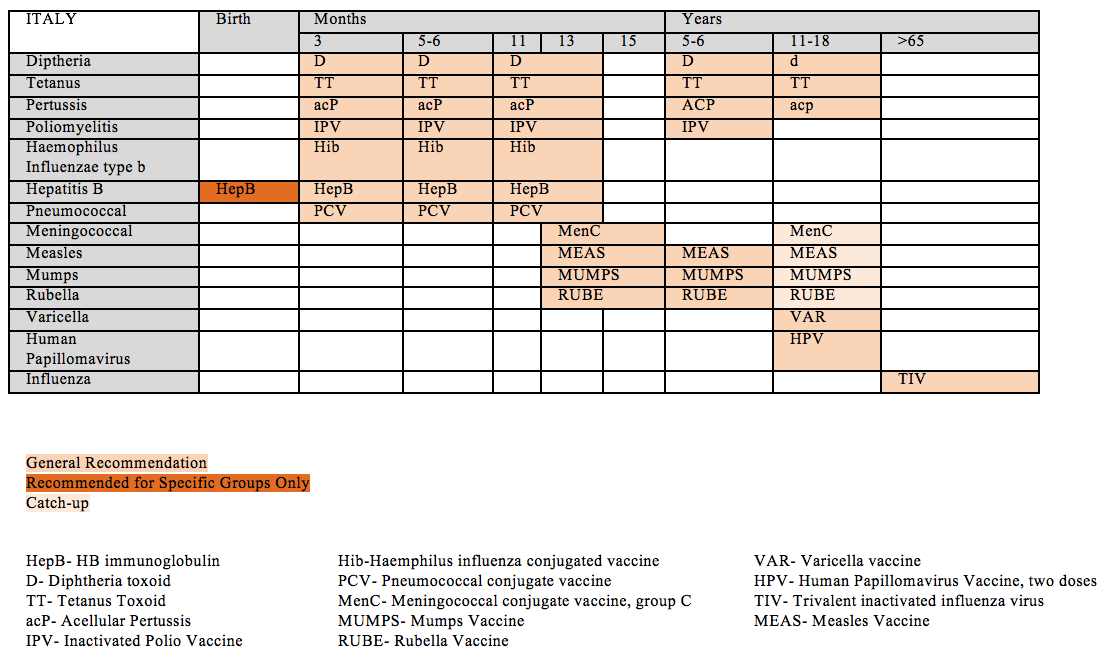
Which of the following properties of acquired immunity is the basis of vaccination?
(A) Specificity
(B) Diversity
(C) Memory
(D) Discrimination between self and non self
Answer
588k+ views
Hint: Vaccination is defined as the process that is used to stimulate the natural immune system present in the body to act against the pathogens. When the vaccine is injected into the body, it stimulates the memory of the particular individual. Later on, in the future, when the particular pathogens affect the body, the memory cells activate the plasma to produce the required antibodies to act against the pathogen.
Complete Answer:
Acquired immunity is also referred to by the name adaptive immune system which develops during the life time of the person and it doesn’t present at the birth itself. It needs to be acquired by the body during the pathogens that attack the body. Not all the immunity is naturally present in the body, some has to be applied as the vaccine for the future acquiring the immune power.
Thus, the vaccination is provided to the child at the birth that helps to acquire immunity to the later when the pathogen attacks the body. This is mainly done by the memory cells of the body that induces phagocytosis and makes the synthesis of required antibodies. Hence memory is the property of the acquired immunity that is the basis of vaccination.

Thus, the option (C) is correct.
Note: Vaccination is given from the birth to the age of eighteen years. This includes vaccination for hepatitis, diphtheria, tetanus, measles, tuberculosis, tetanus etc. These vaccines create the memory and when these diseases attack in the future, memory cells are activated and the antibodies are produced.
Complete Answer:
Acquired immunity is also referred to by the name adaptive immune system which develops during the life time of the person and it doesn’t present at the birth itself. It needs to be acquired by the body during the pathogens that attack the body. Not all the immunity is naturally present in the body, some has to be applied as the vaccine for the future acquiring the immune power.
Thus, the vaccination is provided to the child at the birth that helps to acquire immunity to the later when the pathogen attacks the body. This is mainly done by the memory cells of the body that induces phagocytosis and makes the synthesis of required antibodies. Hence memory is the property of the acquired immunity that is the basis of vaccination.

Thus, the option (C) is correct.
Note: Vaccination is given from the birth to the age of eighteen years. This includes vaccination for hepatitis, diphtheria, tetanus, measles, tuberculosis, tetanus etc. These vaccines create the memory and when these diseases attack in the future, memory cells are activated and the antibodies are produced.
Recently Updated Pages
Master Class 12 Economics: Engaging Questions & Answers for Success

Master Class 12 Physics: Engaging Questions & Answers for Success

Master Class 12 English: Engaging Questions & Answers for Success

Master Class 12 Social Science: Engaging Questions & Answers for Success

Master Class 12 Maths: Engaging Questions & Answers for Success

Master Class 12 Business Studies: Engaging Questions & Answers for Success

Trending doubts
Which are the Top 10 Largest Countries of the World?

What are the major means of transport Explain each class 12 social science CBSE

Draw a labelled sketch of the human eye class 12 physics CBSE

Why cannot DNA pass through cell membranes class 12 biology CBSE

Differentiate between insitu conservation and exsitu class 12 biology CBSE

Draw a neat and well labeled diagram of TS of ovary class 12 biology CBSE




